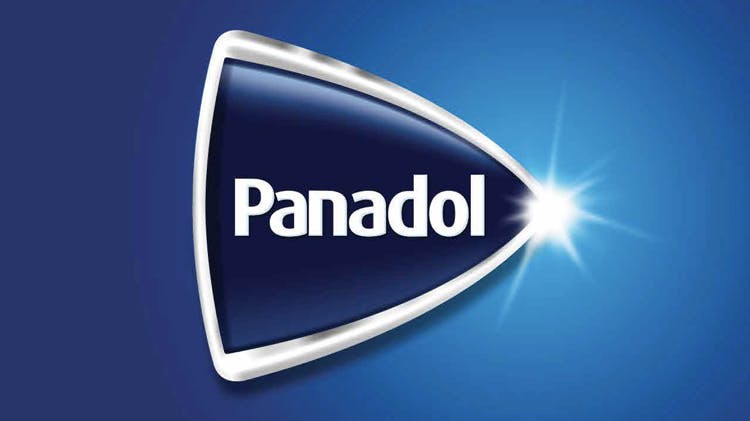Overview

With a presence in over 80 countries, paracetamol in Panadol is one of the world’s most trusted pain relievers.1,2
Panadol with paracetamol
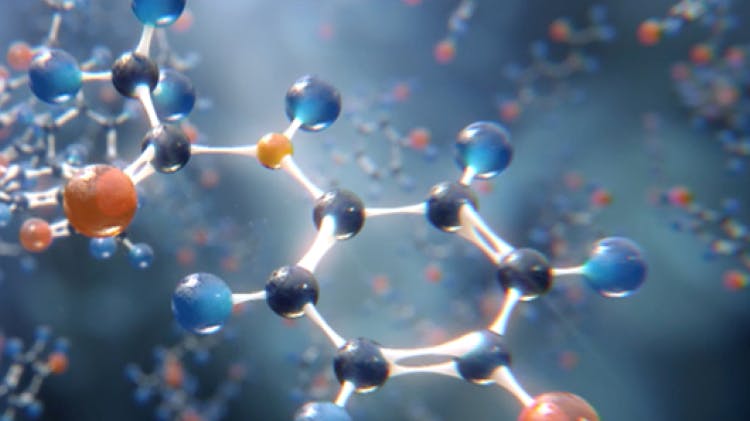
Paracetamol
Globally, paracetamol or acetaminophen is one of the most used analgesic and antipyretic over-the-counter drugs.3
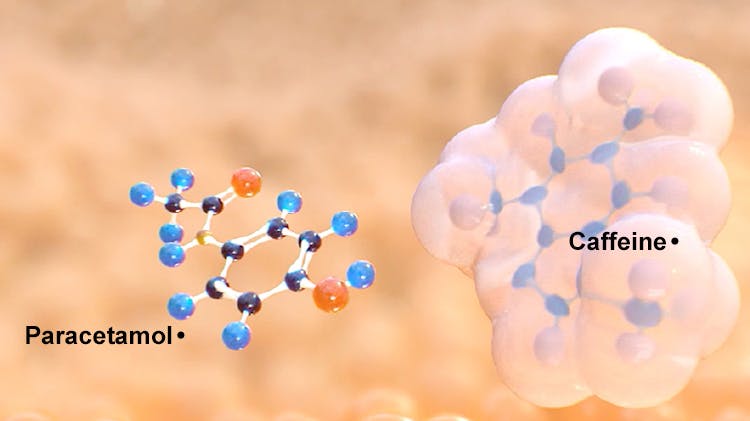
Multi-component paracetamol preparations
Paracetamol is currently formulated as a single compound or as an active ingredient of multi-component preparations in combination with active ingredients1 to provide relief from fever and different types of pain (e.g. muscular and joint pains, headaches and dysmenorrhoea).

Can be taken on an empty stomach
Paracetamol does not compromise the stomach’s protective lining and can be taken even on an empty stomach or by those at risk of stomach ulcers.4,5*
Innovative technology
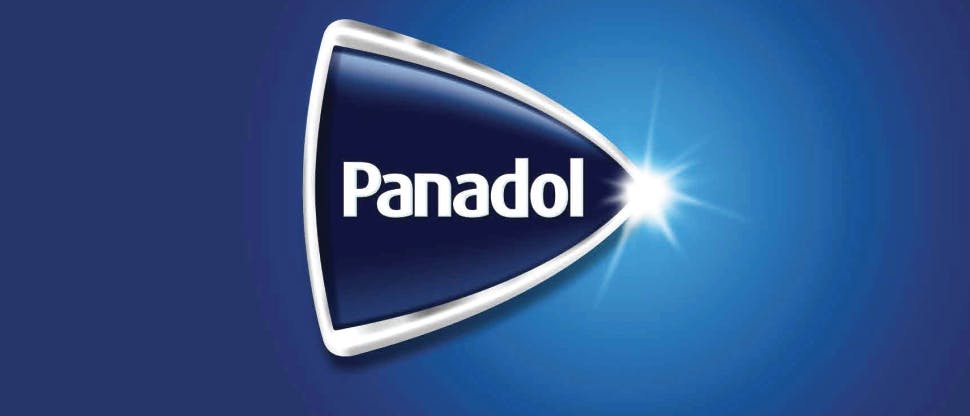
The Panadol range includes products with innovative technology for faster disintegration and absorption5,8 and, in combination with other ingredients such as caffeine to effectively handle tough pains.10-15
Panadol offers a range of solutions for individual patient needs
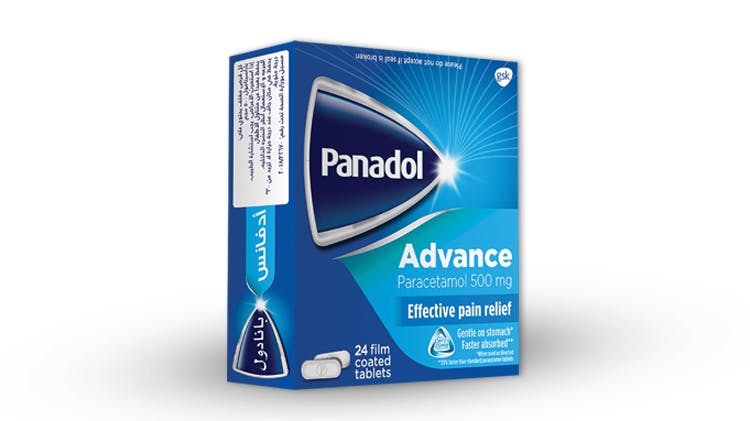
Panadol Advance
- Paracetamol is rapidly and almost completely absorbed from the gastro-intestinal tract.9
- Early absorption of paracetamol (fraction of dose over the first 60 minutes) is 32% greater from Panadol Advance compared to standard paracetamol tablet.9
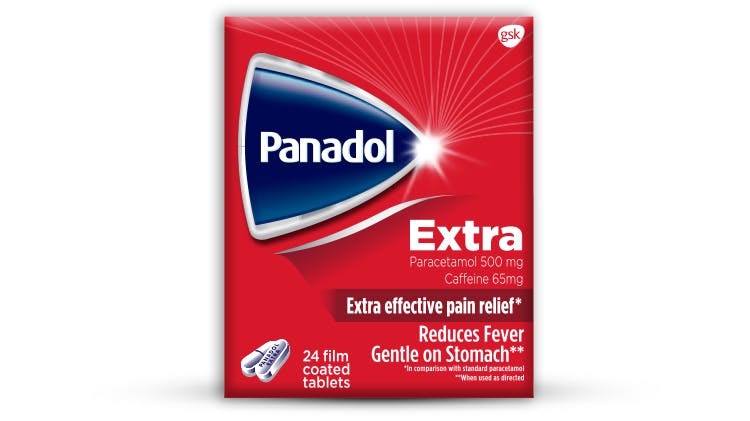
Panadol Extra
The combination of paracetmol and caffeine is a well established analgesic combination.16
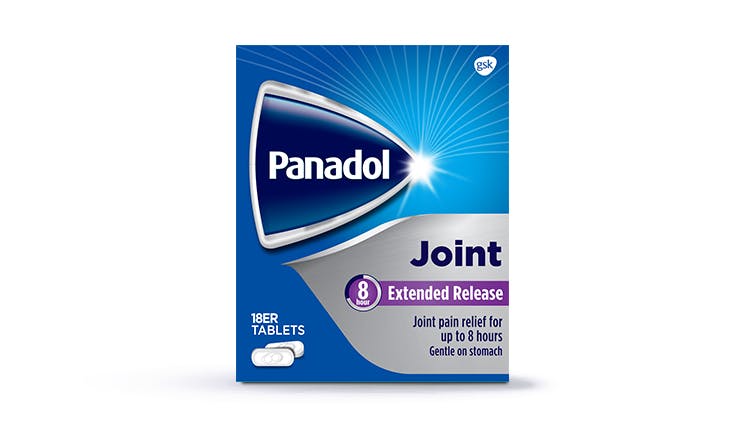
Panadol Joint
The sustained release tablet releases drug at a rate which ensures therapeutically active plasma paracetamol concentrations are rapidly attained and maintained until up to 8 hours after administration.17
